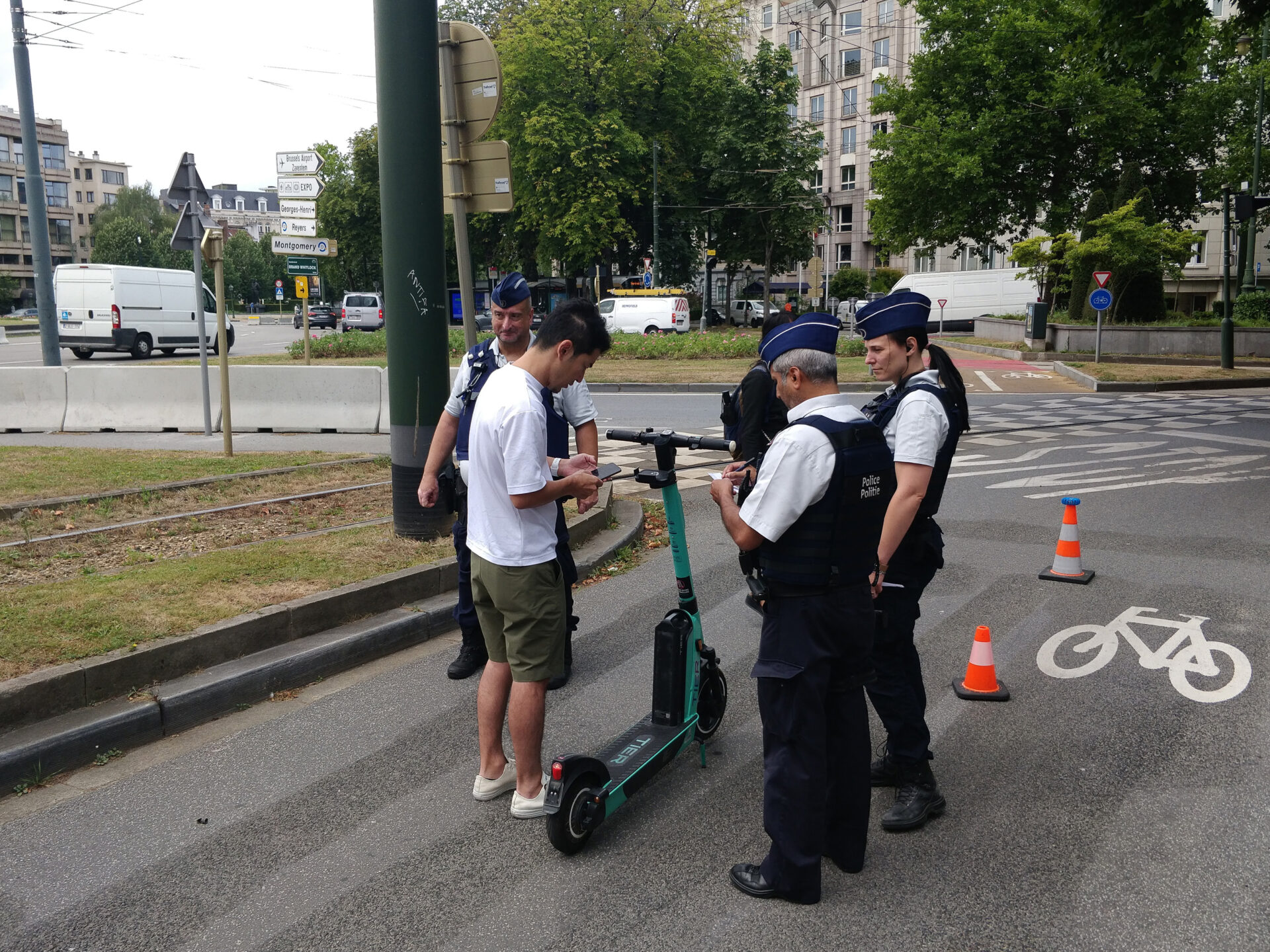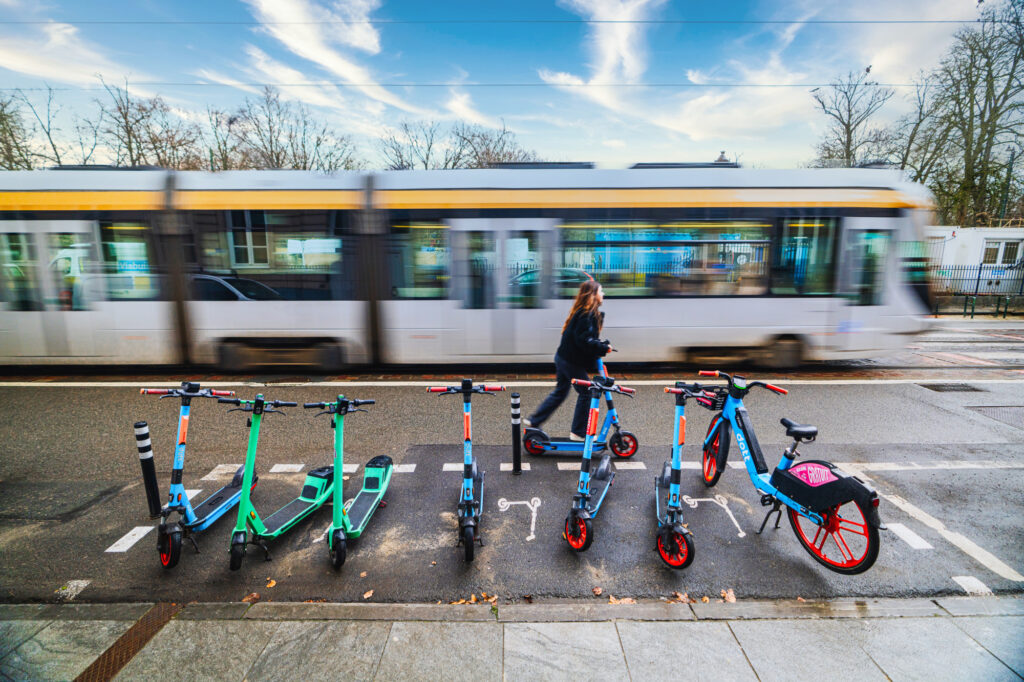The European Union should set mandatory safety standards for e-scooters to avoid more fatal accidents, according to new research by the European Transport Safety Council.
Experts are now calling on the EU to introduce 20 km/h speed limit and set maximum acceleration requirements.
While some existing EU product regulations already apply to e-scooters, they mainly cover machinery and batteries. There is no mandatory standard for e-scooters covering factors such as stability, maximum speed and braking performance. This leads to a patchwork of national requirements and voluntary standards.
"E-scooters are now an established and popular way of getting around in urban areas in the EU. However, they also come with a degree of risk that needs addressing more effectively than today," said Jenny Carson, co-author of the research report.
"With the right combination of a safer urban traffic environment, safer vehicles and safer rider behaviour, we can ensure that the roads are safer for e-scooter riders as well as cyclists and pedestrians," she added.
20 km/h speed limit
The ETSC wants all new mandatory technical requirements for e-scooters to be factory set. Currently, 11 European countries already require at the national level a 20 km/h maximum speed for e-scooters. In Belgium, the maximum speed is currently set at 25 km/h.
New standards should also require a minimum level of braking performance, a limit on maximum acceleration, front and rear brakes, an audible warning device (such as a bell), as well as front and rear lights.
The ETSC also recommends that national governments set a minimum age of 16 for e-scooter riders, a requirement to wear a helmet, as well as bans on riding after consuming alcohol or drugs and riding with a passenger.

The local police in Brussels inspecting the use of e-scooters in the Capital Region. Credit: Belga/Antony Gevaert
In national data from European countries, the researchers found 119 road deaths in 2022 in collisions involving "motorised micro-mobility devices," which is a category dominated by e-scooters but also includes rarer vehicles such as electric unicycles.
While this figure was an increase on previous years, that may be due simply to increased numbers of e-scooter riders. Therefore, the researchers are calling for more data on e-scooter usage to understand better the risk levels, which previous analyses show are higher than for cycling.
Many scooter-related crashes and injuries only involve the rider and no other road users. As police are usually not called to the scene in these cases, they are not reported in national data.
Reported e-scooter-related deaths and injuries often involve alcohol; the limited available data shows that between 50% and 66% of those killed had consumed alcohol before riding. According to the ETSC, countermeasures against drink-riding should include legal limits with appropriate levels of enforcement.
Speed limits and bans
In Finland and Norway, city authorities require shared e-scooter providers to set a strict speed limit at night, or ban shared e-scooters altogether during night hours – measures which have both resulted in a drop in injuries. The latter measure was also proposed by the mayor of Etterbeek in the Brussels-Capital Region in April this year, albeit in the context of preventing criminals from using them to escape.
Across the Brussels Region, the speed limit for shared e-scooters is 20 km/h, except in pedestrian zones, where e-scooters are automatically limited to 8 km/h.
The research stressed that one of the main tools cities can use to reduce the risks in urban areas is setting a 30 km/h speed limit for regular traffic. Drivers of cars, vans and lorries travelling at 30 km/h or less are much less likely to kill vulnerable road users such as e-scooter riders, pedestrians and cyclists.

